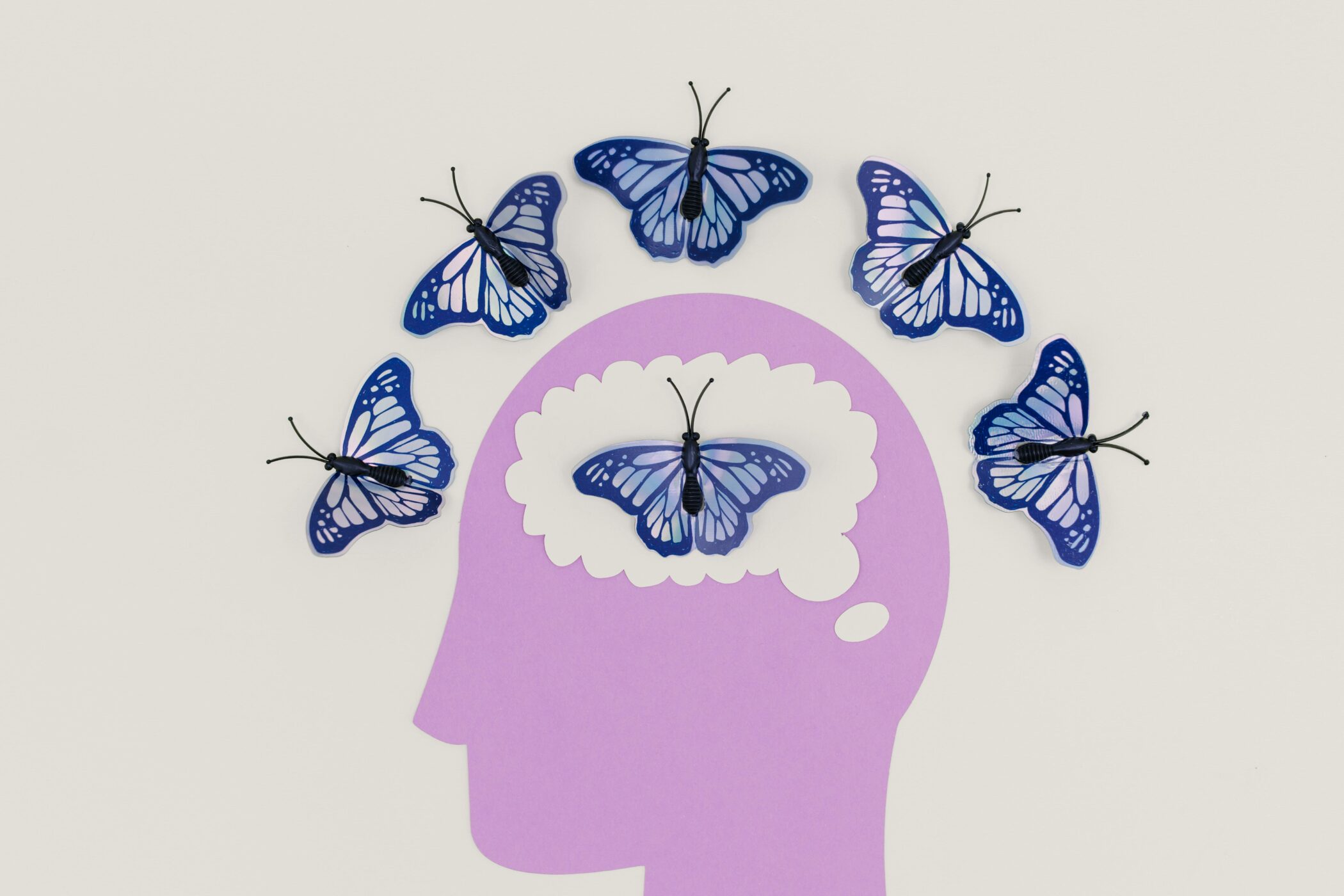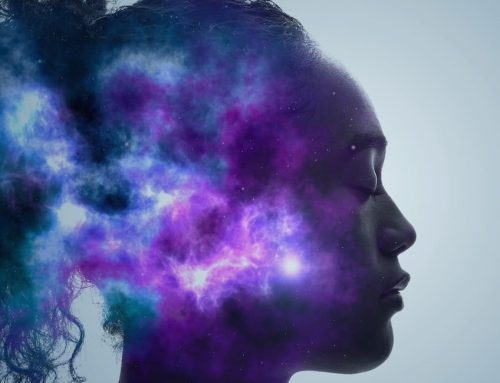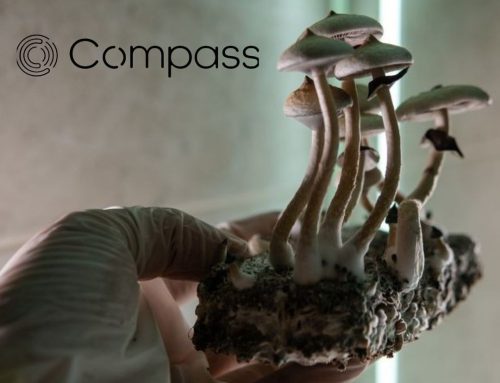Trump Administration Supports Psychedelic Research in Mental‑Health Efforts
LOS ANGELES- The Trump administration is showing growing support for research into psychedelics such as MDMA, psilocybin, and ibogaine as potential treatments for mental health conditions. Led by Health and Human Services (HHS) Secretary Robert F. Kennedy Jr., the administration is emphasizing evidence-based approaches to evaluate these substances, particularly for conditions like post-traumatic stress disorder (PTSD), depression, and addiction. Veterans’ mental health is a key focus of this initiative.
In March 2025, the administration launched the “Make America Healthy Again” (MAHA) Commission to address behavioral and mental health challenges. As part of this effort, HHS has centralized oversight of programs related to substance use and recovery. The hiring of attorney Matthew Zorn to advise on regulatory policy for both cannabis and psychedelics signals a notable shift in federal drug policy priorities.
States like Texas are responding to this momentum. Republican lawmakers there have secured up to $50 million in public funding to support clinical trials of ibogaine, targeting addiction and brain injuries. These trials are being encouraged by federal officials and have received backing from influential veterans and politicians, including Representative Morgan Luttrell, who has publicly shared his personal experience with psychedelic therapy.
Meanwhile, the private sector is advancing research into safer, next-generation psychedelics. Companies like Delix Therapeutics, Gilgamesh Pharmaceuticals, and Soneira Biotech—supported by investors such as Google co-founder Sergey Brin—are developing modified versions of ibogaine designed to reduce cardiovascular risks. At the federal level, the Department of Veterans Affairs is funding MDMA studies with over $1.5 million in grants, suggesting increasing collaboration between government and biotech firms.
Despite the growing interest, psychedelics remain classified as Schedule I substances under federal law. Past efforts to secure FDA approval for MDMA-assisted PTSD treatment have been unsuccessful, and regulators continue to express caution over safety and efficacy. Experts stress the need for long-term clinical trials and highlight ongoing concerns about ethics, commercialization, and informed consent as the field progresses.
The Trump administration’s involvement marks a shift in federal engagement with psychedelic therapies. While proponents see an opportunity to transform mental health care, the path forward will depend on careful oversight, sustained research, and a commitment to public health standards.




































